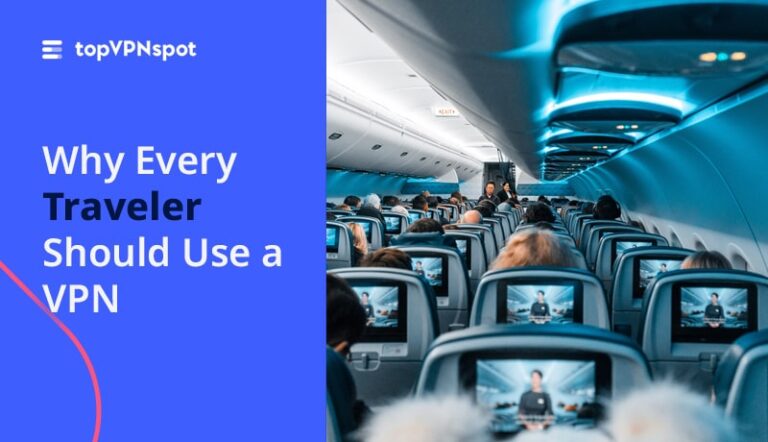Let’s talk about something that hits close to home – our location data and privacy. Ever thought about how much your daily movements can reveal about you? Picture this: a detailed map showing where you’ve been, your habits, and even those sensitive moments when you’re seeking help or refuge. That’s a pretty intense invasion of privacy, right?
The business of buying and selling our location data is huge, raking in over $12 billion every year. But here’s the kicker – it’s packed with privacy nightmares. Your location can tell a lot about you, from your medical visits to your religious practices and even where your kids hang out. And we’re not talking vague guesses; we’re talking about pinpoint accuracy, down to the length of a car. Luckily, some states are catching on and now require explicit consent before this kind of data can be collected.
How They Get Your Location Data
So, how do these data brokers get their hands on this goldmine of information? The answer is right in your pocket – your smartphone. Most of us have a bunch of apps that ask for location access. While some need it to function properly, others are just sneaky, collecting your data for targeted ads or selling it to third-party brokers. Once your data is out there, it’s out of your control.
And it’s not just your phone. The rise of smart devices like fitness trackers, smart home gadgets, and even modern cars means that location tracking is everywhere. This tech brings convenience but also big concerns about privacy and security.
The Consent Illusion
Many companies claim they get your consent before collecting your location data, but it’s often buried in long, jargon-filled terms of service. Opting out is usually hidden deep in settings, making it tough to find and use.
There have been some big cases recently highlighting how serious this issue is. The FTC went after Kochava for tracking sensitive places without consent. Companies like DRN and X-Mode faced heat too – DRN tracks movements via license plates and sells that data to debt collectors, misusing sensitive information.
Protecting Yourself and Your Data
But don’t worry, there are ways to protect yourself. Simple steps like reviewing app permissions, disabling location services for non-essential apps, and using VPNs can help. Only share your location when it’s necessary, keep track of who has access to your data, and use privacy tools like Apple’s Private Relay. Make sure the companies you interact with are transparent about how they handle your data.
Advocating for stronger privacy regulations and holding companies accountable for their data practices can help tackle these issues on a larger scale. For businesses, it’s about knowing your third parties and setting clear rules about data usage, especially concerning geolocation data. Developers should also be educated on data limits and keep third-party code to a minimum.
A Broader Perspective
The location-tracking issue is bigger than just privacy – it’s about our fundamental rights in the digital age. Staying informed, pushing for better regulations, and taking steps to protect our data is crucial. With new laws like Washington’s My Health, My Data Act, and various federal initiatives, progress is being made, but there’s still a long way to go.
We need collaboration between government agencies, tech companies, advocacy groups, and consumers to create strong privacy frameworks that protect our rights while allowing innovation. Location tracking can bring convenience but also risks. By staying vigilant and informed, we can better protect ourselves in this digital world.
Stay safe out there, friends. Let’s keep our privacy where it belongs – with us.
Struggling to select the ideal VPN? Consult our thorough, user-friendly comparison of leading VPN services to determine the perfect fit for your online security needs.
Why trust us
Behind every review is our team’s real-life, multi-device, cross-location VPN showdown. We’re all about the facts, not the hype. We’ve spent hours testing VPNs on every device we’ve got – to bring you advice that’s as genuine as it gets.
212
Hours of rigorous testing of each top VPN service
100%
Strict policy of unbiased testing & assessment
No Ads here
To help us keep it ad-free you can follow us on X
Reader Favorites
Privacy
April 2024
•
5 min read
Uncover the hidden dangers of online identity cloning and learn how to protect your digital self from cybercriminals
Danyal Sadique
VPNs
April 2024
•
5 min read
Discover why a VPN is essential for travelers and how it enhances security and accessibility abroad
Umar Zaman A.
Security
April 2024
•
5 min read
Prepare for the future of cybersecurity by understanding and defending against next-gen AI-driven threats
Raffeain K.
VPNs
May 2024
•
5 min read
Ensure secure remote work by using VPNs to protect sensitive data and communications. Learn key best practices for optimal safety
M. Zayan
Security
June 2024
•
5 min read
Unveil the risks posed by deepfakes in cybersecurity and discover ways to protect against this emerging threat
Danyal Sadique
Privacy
April 2024
•
5 min read
Explore how your data is driving AI development and what you can do to maintain control over your personal information
Umar Zaman A.
We are an alliance of passionate cybersecurity experts, united by a shared mission to disseminate our in-depth knowledge of digital security measures. Our commitment is to empower internet users by providing them with the essential tools and insights needed to navigate the online world safely. Through topVPNspot.com, we offer a platform where our collective experience in cybersecurity converges to guide users in protecting their digital presence effectively.





